Last Minute Geeky Gifts For The Science Lover In Your Life




Last Minute Geeky Gifts for the Science Lover in Your Life
Once again, the holiday season is upon us. Unfortunately, this leaves a lot of us at a loss. First, it’s easy to get bogged down by the commercialism that surrounds the season. Second, it’s sometimes difficult to find something that is really meaningful. To that end, here are some science themed gift ideas that you can get your loved ones (or maybe use as a treat for yourself). Some are educational, others are science based charitable contributions, all of them are pretty awesome.
Read more about the fascinating gifts at: http://futurism.com/links/geeky-gifts-for-the-science-lover-in-your-life/
More Posts from Curiositytherover and Others
7 Things That Happen When You Go To Space
Told Through Astronaut Scott Kelly’s Tweets
Astronaut Scott Kelly is currently spending a year in space. Most expeditions to the space station last four to six months. By doubling the length of this mission, researchers hope to better understand how the human body reacts and adapts to long-duration spaceflight. During this one-year mission, Kelly is also participating in the Twins Study. While Kelly is in space, his identical twin brother, retired NASA Astronaut Mark Kelly, will participate in a number of comparative genetic studies.
Here are a few things that happen when astronauts go to the space station:
1. Your personal hygiene takes on a different form:


2. Sleeping arrangements might take some getting used to:



3. Internet services will remind you of the 90s:

4. You never have to do laundry:


5. You get to become immersed in a range of different cultures:

6. All of your water is recycled…yes…that means urine too:


7. You get to see the Earth like never before:



Follow Astronaut Scott Kelly’s Year in Space mission on Facebook, Twitter and Instagram.
Make sure to follow us on Tumblr for your regular dose of space: http://nasa.tumblr.com

Fusion Energy: These Promising Projects Are Set to Revolutionize Our World
Fusion power would completely revolutionize energy production on our planet. Indeed, it would reshape our entire world, allowing us to produce vast amounts of energy with little waste or cost. In essence, fusion reactors work by mimicking our Sun in that they fuse two hydrogen atoms into a single helium atom. Conversely, nuclear fission breaks a single atom into two atoms.
Ultimately, the fusion reaction releases ten times more energy per mass as our regular fission reactors, and it does so without all the harmful nuclear waste.
Unfortunately, such reactions come with a few problems. As University of Texas physicist Dr. Swadesh M. Mahajan notes, “Getting net energy from fusion is such a goddamn difficult undertaking. We know of no materials that would be able to handle anywhere near that amount of heat.”
Find out how scientists tackled that issue at: http://futurism.com/links/fusion-energy-these-promising-projects-are-set-to-revolutionize-our-world/

For The First Time Ever, DNA Was Sequenced In Microgravity
Solar System: Things to Know This Week
This week, we’re looking at MAVEN’s exploration of Mars, the Orionid meteor showers, Mercury’s “great valley” and more.

1. Celebrating MAVEN
MAVEN, the Mars Atmospheric and Volatile Evolution, was the second mission selected for our Mars Scout program and the first to explore the planet’s upper atmosphere . It launched on November 18, 2013 and entered orbit around Mars on September 21, 2014.
+ MAVEN Quick Facts

2. Jupiter Moon Dance
This time-lapse sequence of Hubble Space Telescope images shows Jupiter’s moon Europa as it moved across the planet’s face over the course of 19 minutes. Europa is at the bottom center on Jupiter’s disk, the Great Red Spot to the left and Europa’s shadow to its right. The video was created by combining six snapshots taken in ultraviolet light with Hubble’s Wide Field Camera 3.
+ Learn more

3. The Orionid Meteor Shower
Orionid shower peaks November 28. Look for the constellation Orion in the Southeast sky by 9 p.m. Using binoculars, look for the Orion Nebula.

4. Comet Warming Up!!
Comet 45P/Honda-Mrkos-Pajdu áková will brighten to expected stunning binocular visibility in mid to late December, but is near Venus on November 23rd.
+ Track the Comet

5. Mercury’s “Great Valley”
A newly discovered “great valley” in the southern hemisphere of Mercury provides more evidence that the planet closest to the sun is shrinking. Using stereo images from our MESSENGER spacecraft to create a high-resolution map, scientists have discovered that revealed the broad valley – more than 620 miles (1,000 kilometers) long – extending into the Rembrandt basin, one of the largest and youngest impact basins on Mercury. About 250 miles (400 kilometers) wide and 2 miles (3 kilometers) deep, Mercury’s great valley is smaller than Mars’ Valles Marineris, but larger than North America’s Grand Canyon and wider and deeper than the Great Rift Valley in East Africa.
+ Learn more
Discover the full list of 10 things to know about our solar system this week HERE.
Make sure to follow us on Tumblr for your regular dose of space: http://nasa.tumblr.com
So i was carrying a chemical that was 12 on the pH scale and it fell
I guess you could say I dropped the base

Last week’s chemistry news: Electronic plants, anti-viral ‘superballs’, and more! http://goo.gl/Tt21g8
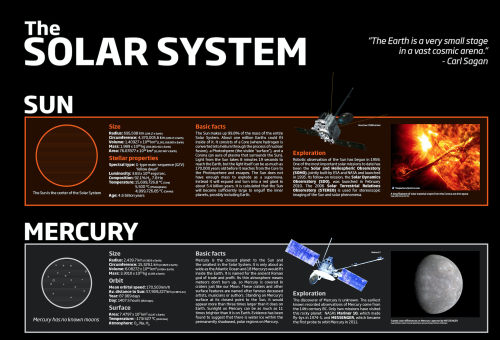
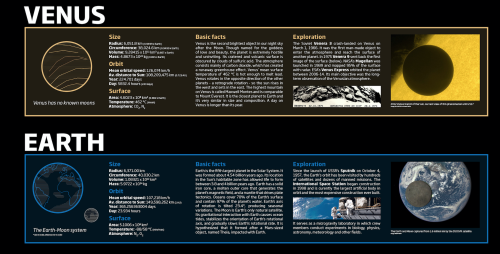
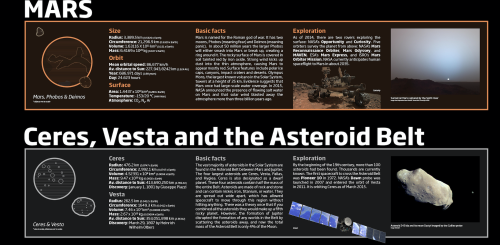
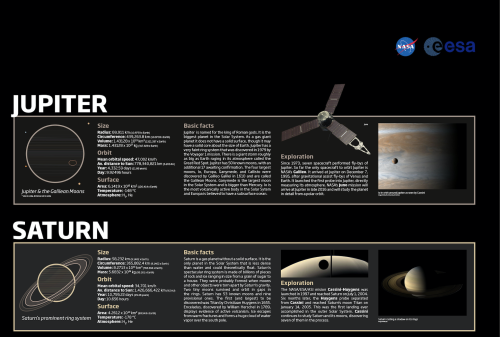
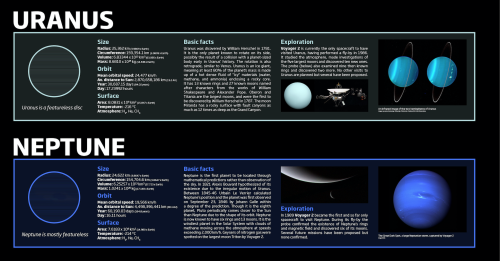
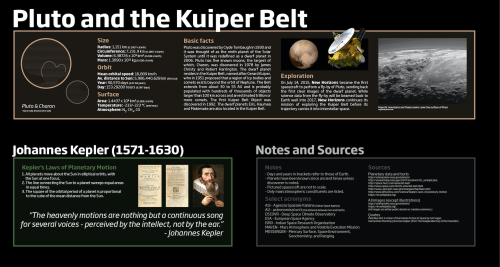
The Solar System


Flowers could be blooming on the International Space Station after the New Year
Having already grown lettuce (images above) on the International Space Station, astronauts are now attempting to grow the first flowering plants. On 16th November, NASA astronaut Kjell Lindgren activated the plant growth system named Veggie and its rooting “pillows” containing Zinnia seeds.
“Growing a flowering crop is more challenging than growing a vegetative crop such as lettuce,” said Gioia Massa, NASA Kennedy Space Center payload scientist for Veggie. “Lighting and other environmental parameters are more critical.”
Lindgren will turn on the red, blue and green LED lights, activate the water and nutrient system to Veggie, and monitor the plant growth. The experimental flowers are expected to bloom early 2016, after 60 days of growth.
“Growing the Zinnia plants will help advance our knowledge of how plants flower in the Veggie growth system, and will enable fruiting plants like tomatoes to be grown and eaten in space using Veggie as the in-orbit garden,” said Trent Smith, Veggie program manager at Kennedy. Growing tomato plants on the space station is planned for 2017.
Image credit: NASA/Gioia Massa
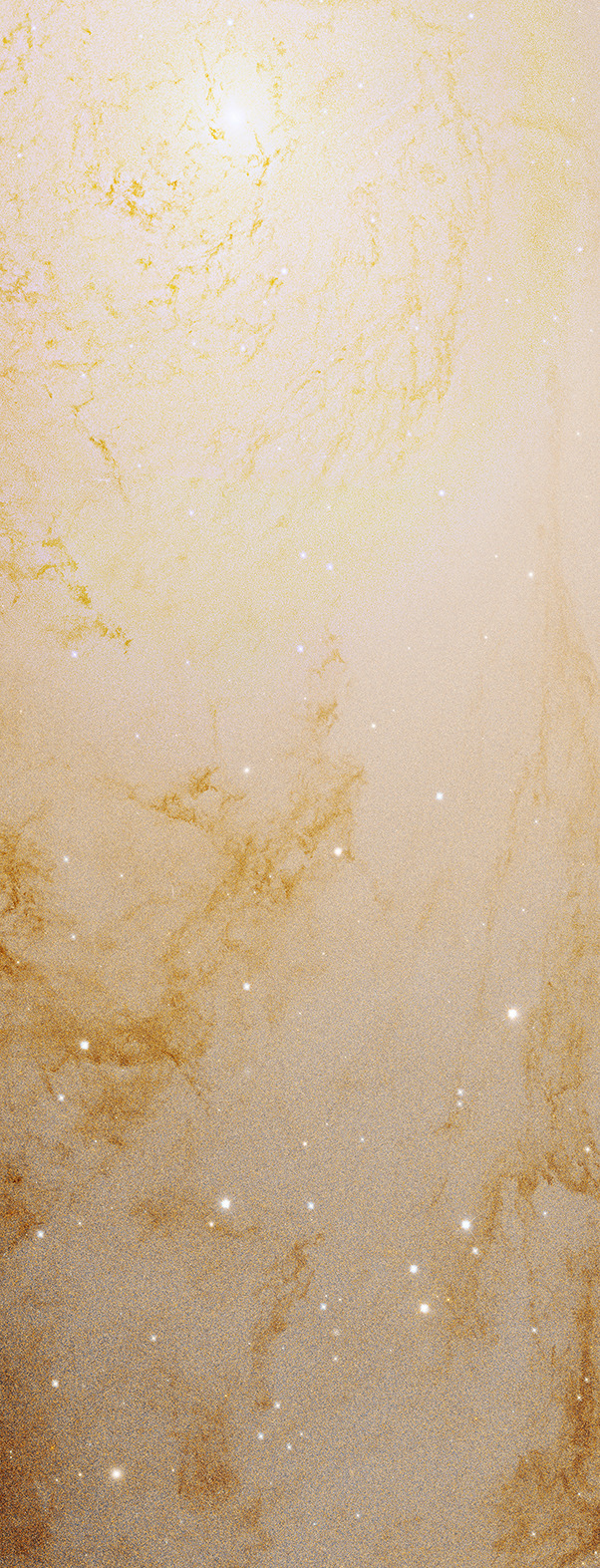

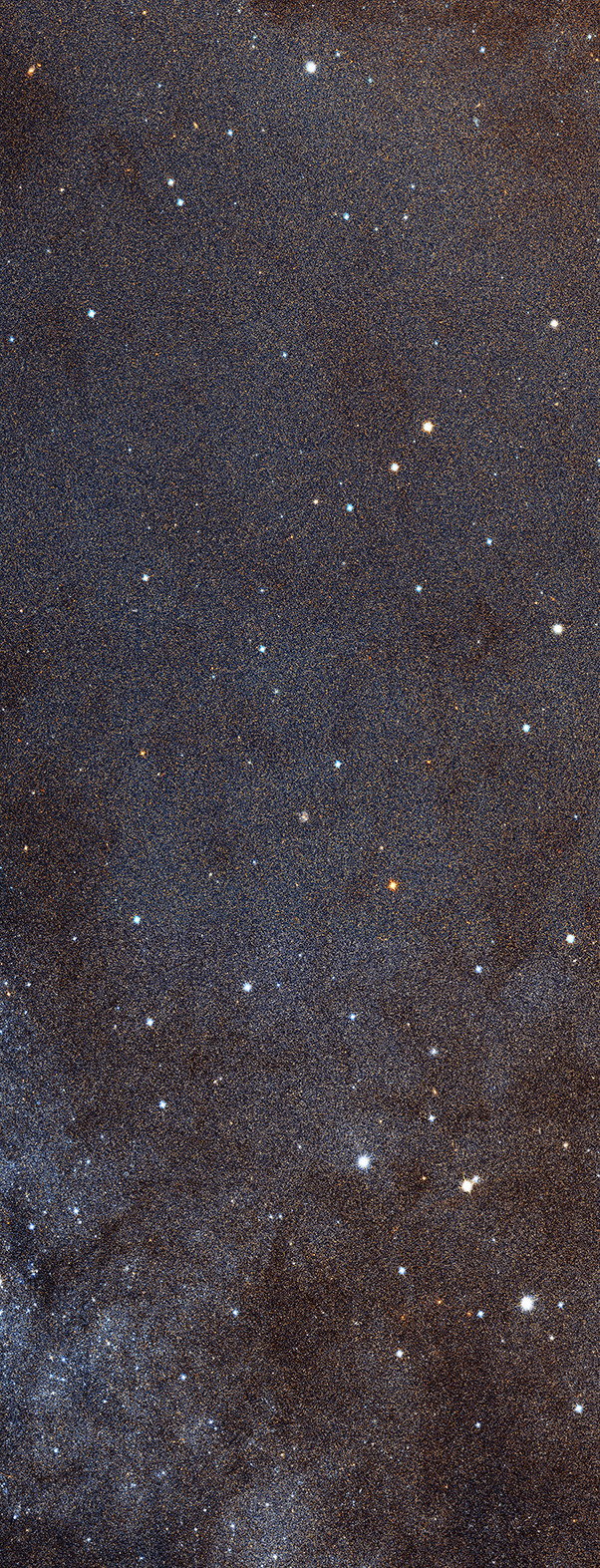

You just scrolled over a high-res segment of the Andromeda galaxy. How does NASA get its photos to look so spectacular? The same way as everyone else.

Is the End of Daily Insulin Injections for Diabetes Sufferers in Sight?
A new study reportedly shows that boosting the immune system can safely restore insulin production for up to a year—which might make it possible for those who suffer with diabetes to not require daily injections. Notably, these are Phase 1 trials, which are designed to look at safety, not long term effectiveness. So much research is still needed.
Yet, if the technique proves viable and effective, this could change the lives of millions of people around the world. According to the Center for Diseases Control, in the United States alone, 29.1 million people (or 9.3% of the population) have diabetes. That’s one out of every 11 people. 371 million people worldwide have this condition.
To break down the research, those afflicted with Type 1 diabetes do not have enough T-regs or ‘peacekeeping’ cells, which is ultimately what causes the disease. Researchers from Yale and University of California have just showed that T-regs can be removed from the body, increased by 1,500 in a lab setting, and then placed back into the bloodstream as a way of potentially restoring the body’s insulin production back to normal.
Find out more at: http://futurism.com/links/end-daily-insulin-injections-diabetes-sufferers-sight/
-
 luna-de-mi-vida liked this · 9 years ago
luna-de-mi-vida liked this · 9 years ago -
 luna-de-mi-vida reblogged this · 9 years ago
luna-de-mi-vida reblogged this · 9 years ago -
 wackafrass reblogged this · 9 years ago
wackafrass reblogged this · 9 years ago -
 lovesexonly liked this · 9 years ago
lovesexonly liked this · 9 years ago -
 philcoulsonismyhero reblogged this · 9 years ago
philcoulsonismyhero reblogged this · 9 years ago -
 there-go-the-stars reblogged this · 9 years ago
there-go-the-stars reblogged this · 9 years ago -
 there-go-the-stars liked this · 9 years ago
there-go-the-stars liked this · 9 years ago -
 niharikaripa liked this · 9 years ago
niharikaripa liked this · 9 years ago -
 gfsword liked this · 9 years ago
gfsword liked this · 9 years ago -
 somekindsofawesome reblogged this · 9 years ago
somekindsofawesome reblogged this · 9 years ago -
 somekindsofawesome liked this · 9 years ago
somekindsofawesome liked this · 9 years ago -
 andysgra liked this · 9 years ago
andysgra liked this · 9 years ago -
 curiositytherover reblogged this · 9 years ago
curiositytherover reblogged this · 9 years ago -
 thegodwotan liked this · 9 years ago
thegodwotan liked this · 9 years ago -
 catgirlalchemist reblogged this · 9 years ago
catgirlalchemist reblogged this · 9 years ago -
 catgirlalchemist liked this · 9 years ago
catgirlalchemist liked this · 9 years ago -
 mywitness reblogged this · 9 years ago
mywitness reblogged this · 9 years ago -
 restnowhere liked this · 9 years ago
restnowhere liked this · 9 years ago -
 lazyphysicistblog-blog reblogged this · 9 years ago
lazyphysicistblog-blog reblogged this · 9 years ago -
 indira3-blog1 liked this · 9 years ago
indira3-blog1 liked this · 9 years ago -
 fortheloveofentropy liked this · 9 years ago
fortheloveofentropy liked this · 9 years ago -
 crewneckwreck liked this · 9 years ago
crewneckwreck liked this · 9 years ago -
 hkayac reblogged this · 9 years ago
hkayac reblogged this · 9 years ago -
 hkayac liked this · 9 years ago
hkayac liked this · 9 years ago -
 ieyeivan reblogged this · 9 years ago
ieyeivan reblogged this · 9 years ago -
 ieyeivan liked this · 9 years ago
ieyeivan liked this · 9 years ago -
 bittliebee liked this · 9 years ago
bittliebee liked this · 9 years ago -
 the-telescope-times liked this · 9 years ago
the-telescope-times liked this · 9 years ago -
 the-telescope-times reblogged this · 9 years ago
the-telescope-times reblogged this · 9 years ago -
 vanesa reblogged this · 9 years ago
vanesa reblogged this · 9 years ago -
 the-sun-is-a-mercurial-star liked this · 9 years ago
the-sun-is-a-mercurial-star liked this · 9 years ago -
 crfmeister liked this · 9 years ago
crfmeister liked this · 9 years ago -
 meganlovespie44 reblogged this · 9 years ago
meganlovespie44 reblogged this · 9 years ago -
 shaefaebae liked this · 9 years ago
shaefaebae liked this · 9 years ago -
 lastbreathsoul reblogged this · 9 years ago
lastbreathsoul reblogged this · 9 years ago -
 futurismnews reblogged this · 9 years ago
futurismnews reblogged this · 9 years ago